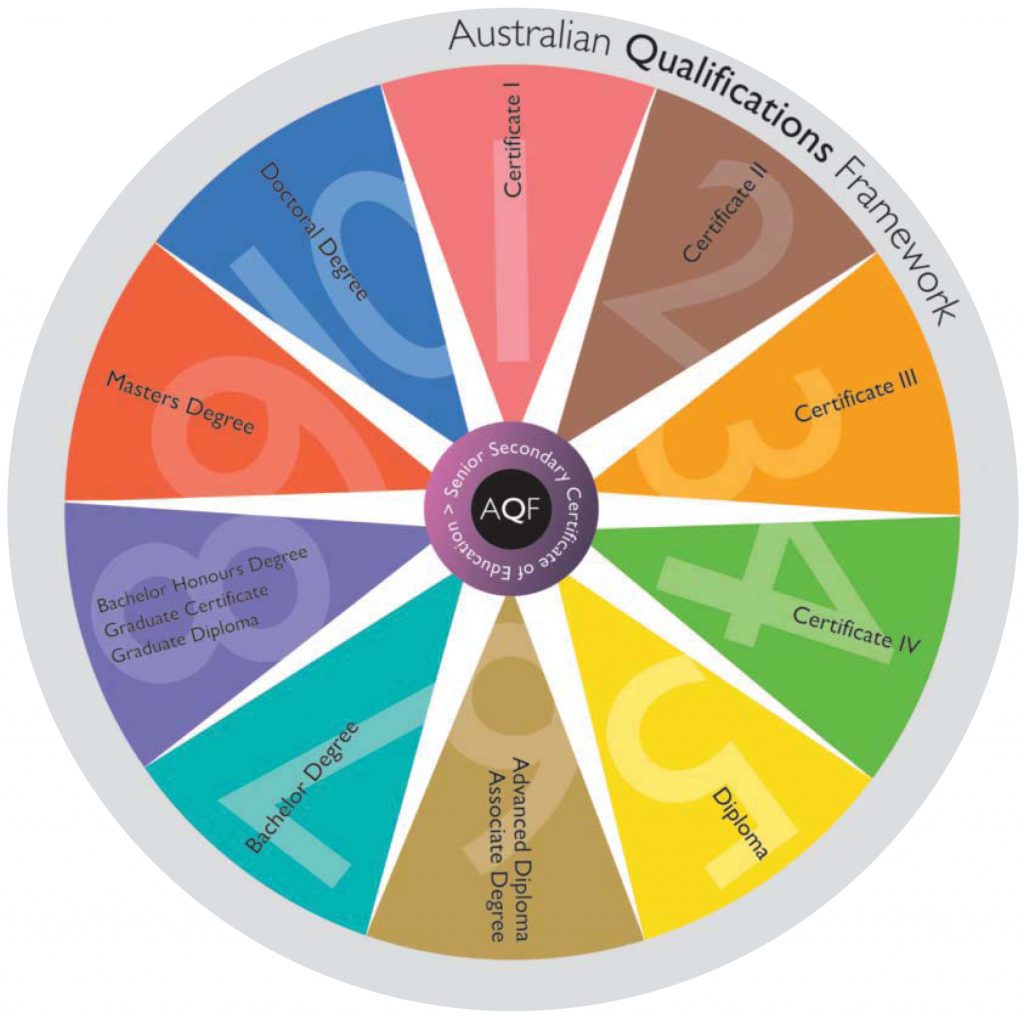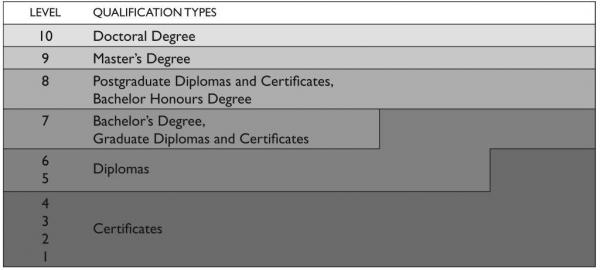- Português
- English
- Português
- English
Study a technical course in Australia or New Zealand is a great choice for anyone looking to acquire an introduction to a professional field or for those seeking a quick qualification.
These professional courses have a more youthful atmosphere and based on the industry needs. More practical and hands on.
One of the main characteristics of the technical courses in Australia and New Zealand is the strong linking of schools with the industry, making their courses developed according to the needs of the current market and with a great emphasis on practical learning.
Other differentiators that make a technical course in Australia or New Zealand an appealing option are:
In addition to this, technical courses in New Zealand and Australia have a modular structure, allowing the student to define their study time and the final qualification they will obtain.
The duration of each module varies from 3 months to 1 year, depending on the type of course and school chosen.
Technical courses in Australia, also known as VET (Vocational Education and Training), offer a variety of career qualifications that do not require college level.
These qualifications are well recognized by the professional environment and range from basic courses that introduce the student to the area of study, to technical and professional specialization costs.
TAFEs (Techinical and Further Education) are some of the leading technical education institutions in Australia. Being mostly public institutions, its teaching programs are administered and monitored under strict guidance by the Australian government to ensure the high quality of teaching, resources and services to the student.
In New Zealand, sound technical institutions are divided into government-maintained polytechnic schools (Polytechs) and Private Training Providers.
The polytechnic schools offer equivalent courses in merit to those offered by the universities of the country. Some even offer full undergraduate and even postgraduate courses.
Private institutes have courses very similar to those of polytechnics. However, some schools offer more flexible start and duration options for your programs.
There are a multiples types of technical courses in Australia and New Zealand, in the most diverse areas of professional activity.
Below are some of the main study areas of the courses, within each of these areas there are several course options.
With excellent acceptance in the job market, technical courses also offer the possibility of the student continuing his studies at a university in Australia and New Zealand.
The transfer can be done after analysis of the curriculum by the university, being that there is still the possibility to take credits of the technical course. Obviously, for this, the courses must be from the same area and the technical school must have partnership with the university where the student wishes to graduate in Australia and New Zealand.


The prerequisites for entering a technical course abroad vary according to the type of course chosen and the institution. In general, it is necessary that the student:
* Some institutions allow the student to take an English test in one of the AC offices to prove their knowledge of the language.
For those who need to improve their English before starting their technical course, many technical institutions also offer programs of English courses combined with technical courses. These programs are designed to prepare the student's level of English, so that they meet the necessary language knowledge requirements for the candidate's entry into the desired technical course.
Typically, these language centers offer options for general English courses, English for professionals, and
For those who need to improve their English before starting their technical course, many technical institutions also offer programs of English courses combined with technical courses. These programs are designed to prepare the student's level of English, so that they meet the necessary language knowledge requirements for the candidate's entry into the desired technical course.
Typically, these language centers offer general English courses, English courses for professionals, IELTS preparation courses and Cambridge exams.